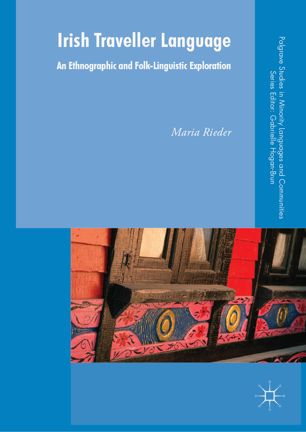

Most ebook files are in PDF format, so you can easily read them using various software such as Foxit Reader or directly on the Google Chrome browser.
Some ebook files are released by publishers in other formats such as .awz, .mobi, .epub, .fb2, etc. You may need to install specific software to read these formats on mobile/PC, such as Calibre.
Please read the tutorial at this link: https://ebookbell.com/faq
We offer FREE conversion to the popular formats you request; however, this may take some time. Therefore, right after payment, please email us, and we will try to provide the service as quickly as possible.
For some exceptional file formats or broken links (if any), please refrain from opening any disputes. Instead, email us first, and we will try to assist within a maximum of 6 hours.
EbookBell Team

4.7
66 reviewsThis book explores the Irish Traveller community through an ethnographic and folk linguistic lens. It sheds new light on Irish Traveller language, commonly referred to as Gammon or Cant, an integral part of the community’s cultural heritage that has long been viewed as a form of secret code. The author addresses Travellers’ metalinguistic and ideological reflections on their language use, providing deep insights into the culture and values of community members, and into their perceived social reality in wider society. In doing so, she demonstrates that its interrelationship with other cultural elements means that the language is in a constant flux, and by analysing speakers’ experiences of language in action, provides a dynamic view of language use. The book takes the reader on a journey through oral history, language naming practices, ideologies of languageness and structure, descriptions of language use and contexts, negotiations of the ‘authentic’ Cant, and Cant as ‘identity’. Based on a two-year ethnographic fieldwork project in a Traveller Training Centre in the West of Ireland, this book will appeal to students and scholars of sociolinguistics, language in society, language ideology, folk linguistics, minority communities and languages, and cultural and linguistic anthropology.